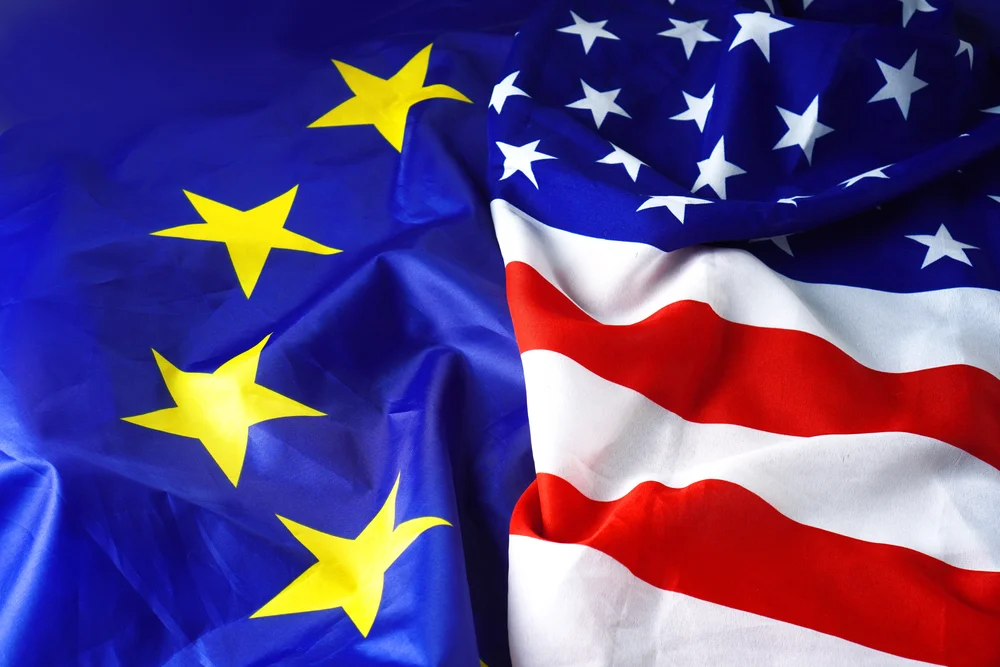World
Among generations of exiles, backing from Europe fuels dream of a return to Palestine

“There needs to be a leadership that has legitimacy and is representative if you want to bring Palestinians into a political process that has broad-based buy-in,” said Hugh Lovatt, a senior fellow with the Middle East and North Africa programme at the European Council on Foreign Relations.
The options in terms of Palestinian leadership are limited.
This week, Norway called to “strengthen” the Palestinian Authority, which governs the West Bank, another Palestinian territory, and which led Gaza until Hamas’s 2006 takeover.
“The goal is to achieve a Palestinian state that is politically cohesive, and that derives from the Palestinian Authority,” said Espen Barth Eide, Norway’s minister of foreign affairs.
But many people are disillusioned with the PA and consider it to have failed to respond in any meaningful way to the current war in Gaza, and the overall plight of the Palestinians.
“Leadership is really the problem here,” said Dahlia Scheindlin, a political strategist at the Century Foundation, a think tank in Tel Aviv.
An effort to reach resolution will first “mean completely different leadership, frankly, for both sides: Palestine would need to create different leadership, and Israel will need to choose a new leadership”.
Still, to get to a point where such deep discussions can occur, there needs to be a ceasefire in Gaza. That will require the US – Israel’s staunchest ally – to put greater political pressure for an end to war, said Mr Lovatt.
‘We want what is ours’
Then Palestinians themselves will have to grapple with the question of what they’re willing to accept.
In Baqa’a – where temporary tents have been replaced by concrete structures – the idea of a two-state solution is not a popular option; instead, most simply want back what they say is rightfully theirs.










